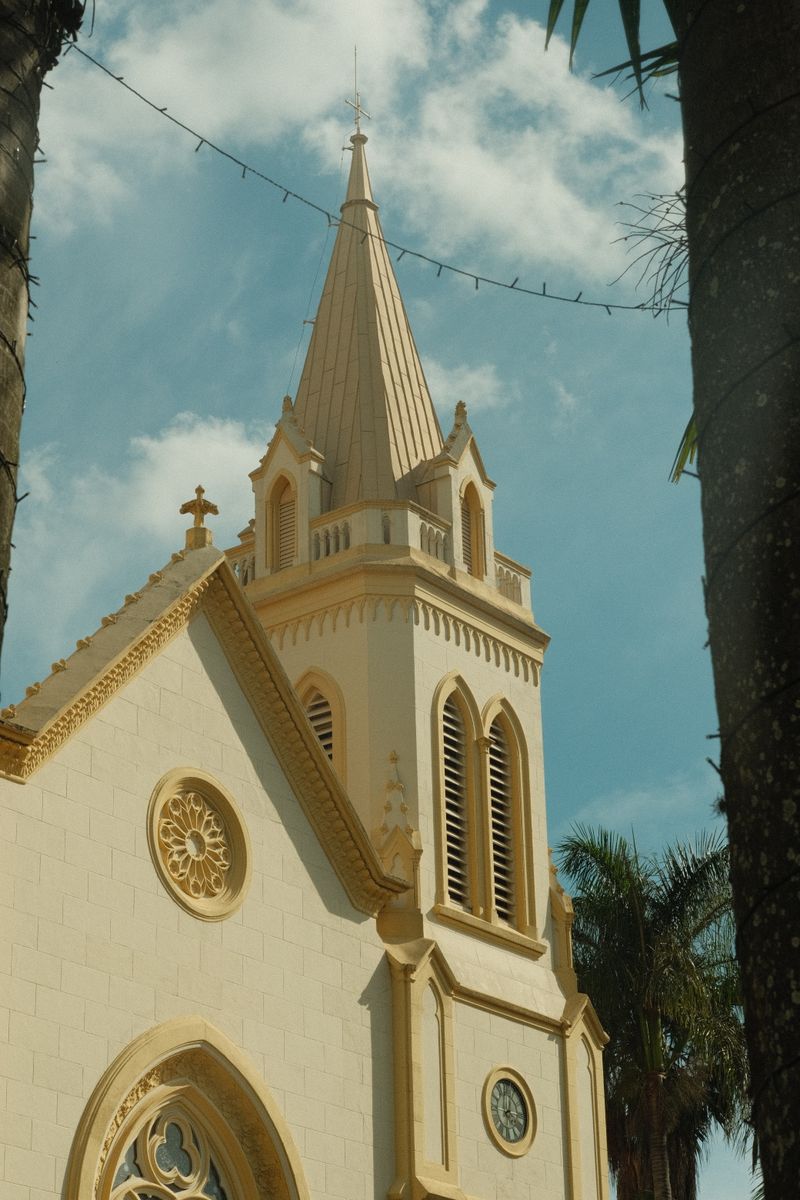Table of Contents
Chagos: 50th Anniversary of Islanders’ Deportation
UK, US Should Provide Reparations for Continuing Crime Against Humanity
June 15, 2023
In a highly anticipated report released today, Human Rights Watch is calling on both the United Kingdom and the United States to provide full reparations for the forced displacement of the Chagossian Indigenous people from their homeland in the Chagos Archipelago. This year marks the 50th anniversary of their deportation, an event that has been widely condemned as a crime against humanity.
The Chagossians were forcibly removed from their ancestral lands in order for the US to establish a military base on Diego Garcia, the largest island in the archipelago. The enforced exile of an entire population was based on falsehoods and racial prejudice. Documents from that period reveal that British officials deliberately deceived the United Nations about the existence of the Chagossian people and used overtly racist language to describe them.
In its report titled “That’s When the Nightmare Started,” Human Rights Watch meticulously outlines the history of the expulsion and the ongoing denial of the Chagossians’ right to return home. While the boat carrying the last group of Chagossians arrived in Mauritius in June 1973, the UK has actively prevented their repatriation ever since.
The Continuing Colonial Crime
Human Rights Watch argues that the prevention of the Chagossians’ return is a continuing colonial crime against humanity. The denial of their right to their homeland for half a century not only perpetuates the injustice inflicted upon them but also disregards international norms and principles.
The Chagossians and their families continue to live in exile, scattered across different countries including Mauritius, Seychelles, and the UK. The government of Mauritius, currently engaged in negotiations with the UK over the future of the Chagos islands, has an important role to play. Human Rights Watch urges the government to publicly support the Chagossian people’s right to reparations based on meaningful consultation with them.
A Call for Reparations
It is now time for the UK and the US to acknowledge the harm they inflicted upon the Chagossians and to take responsibility for their actions. On this solemn occasion of the 50th anniversary of the deportation, both governments should announce their commitment to providing full reparations to the Chagossian people.
Reparations should not be seen as a mere financial compensation for past wrongs, but as a step towards rectifying centuries of injustice and oppression faced by indigenous populations across the globe. The Chagossians deserve not only the right to return home but also the support and resources necessary to rebuild their lives and preserve their culture.
Editorial: A Chance for Redemption
The expulsion of the Chagossians from their homeland was an act of colonization and a stain on the history of both the United Kingdom and the United States. It was driven by imperialism and disregard for the rights and dignity of indigenous peoples.
Now, as we mark the 50th anniversary of this shameful event, there is an opportunity for redemption. The UK and the US have a moral duty to provide reparations to the Chagossians as a way of acknowledging the historical wrongs committed against them.
Reparations are not just a matter of financial compensation but a means of addressing the continued suffering and displacement of the Chagossian people. The right to return home should be recognized and supported with concrete actions to ensure their successful resettlement and integration.
This is not only a legal and ethical imperative but also a chance for both countries to demonstrate their commitment to human rights and the principles of justice and fairness. It is a chance to correct the past and build a more inclusive and equal future.
Advice: Moving Toward Reconciliation
The Chagossians have endured decades of displacement and marginalization. As we reflect on the 50th anniversary of their deportation, it is crucial to consider how we can move toward reconciliation and healing.
First and foremost, the UK and the US should engage in a genuine dialogue with the Chagossian community. Any efforts to provide reparations must be informed by the needs and aspirations of the people affected. Their voices and perspectives should guide the decision-making process.
Secondly, the reparation process should prioritize the full restoration of the Chagossians’ rights, including their right to return home. This should be accompanied by comprehensive support in terms of housing, infrastructure, education, healthcare, and employment opportunities. Building a sustainable and thriving community requires more than financial compensation; it requires a holistic approach that addresses the multiple layers of injustice faced by the Chagossians.
Lastly, this occasion should serve as a reminder to all nations and governments of the need to rectify historical injustices against indigenous peoples. The Chagossians’ struggle is just one example of the ongoing oppression faced by indigenous communities worldwide. It is our collective responsibility to ensure that their rights are respected, their histories are acknowledged, and their cultures are preserved.
As we mark this somber anniversary, let us commit to a future where human rights are upheld, where colonial crimes are rectified, and where all people can live with dignity and equality.

<< photo by Thiago Andrade >>
The image is for illustrative purposes only and does not depict the actual situation.